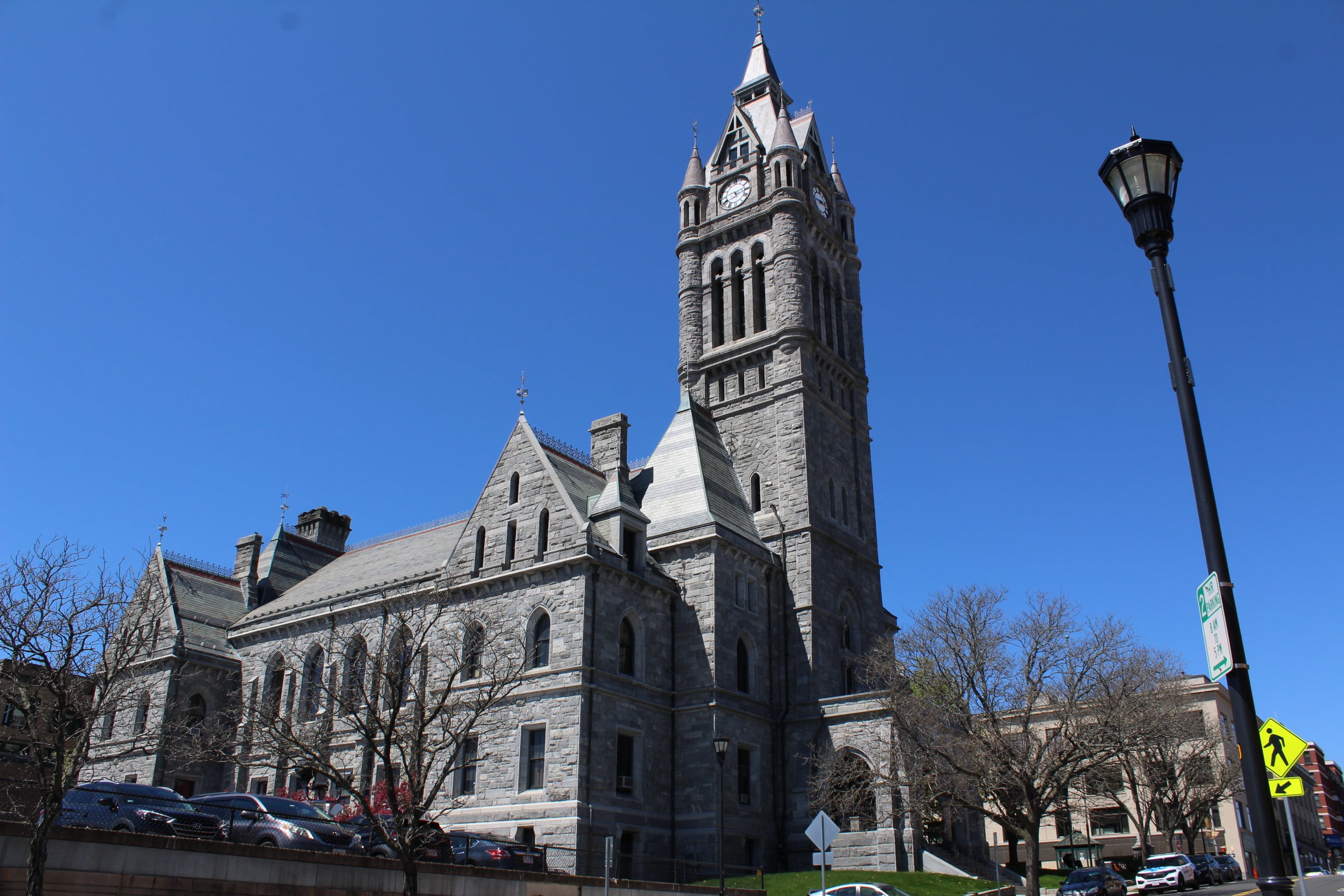HOLYOKE — Holyoke received $390,000 in state grants to improve its infrastructure in preparation of severe environmental threats.
The funding is part of $28.7 million in grants to help 54 Massachusetts communities prepare for increasingly extreme weather, including heat waves, flooding, wildfires and storms.
The Healey-Driscoll administration announced the grants on Sept. 18.
Holyoke will use the grant funding for a wastewater system vulnerability assessment, adaptation plan and green infrastructure.
DPW Stormwater Coordinator and Grantwriter Miira Gates and interim Public Works Director Mary Monahan explained that the MVP grant will provide funding to develop a sustainability plan for Holyoke’s wastewater treatment plant and collection system and other work as well.
“Climate change includes extreme rainfall events,” Monahan stated, “These events can overwhelm the plant and collection system, including wastewater pump stations. The grant will identify opportunities for both grey, built, and green infrastructure, nature-based, to reduce threats from these events and protect public health and the environment.”
Holyoke’s recent NPDES wastewater discharge permit requires the city to develop a sustainability plan for the system. Holyoke is one of the first communities in EPA’s Region 1 to be required to do this.
Monahan said they anticipate that Holyoke’s sustainability plan can be a model for other communities, which may face the same permit requirement in the future.
Monahan talked more about the importance of the grant and said, “MVP is an important funding source for communities to build local resiliency. Through community building workshops, communities identify local threats due to climate change and prioritize local actions to reduce or eliminate these threats. MVP is an important funding source for communities to address resiliency challenges. This grant funds some of the priorities identified by Holyoke.”
This year, the Executive Office of Energy and Environmental Affairs made an effort to recruit rural and small towns into the Massachusetts Vulnerability Preparedness Action Grant program, with $11.1 million going specifically to those areas.
The funding supports real, on-the-ground improvements such as rebuilding parks with shaded spaces where residents can cool off during heat waves, protecting wetlands that reduce flooding in neighborhoods, and designing safer, more affordable housing on higher ground.
Other projects include new wildfire evacuation routes, culvert upgrades to stop roads from washing out, and emergency plans to protect people most at risk.



